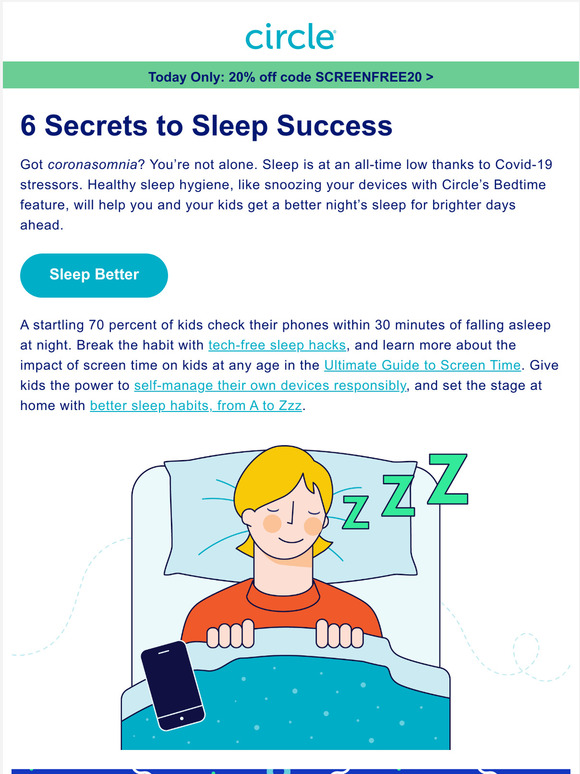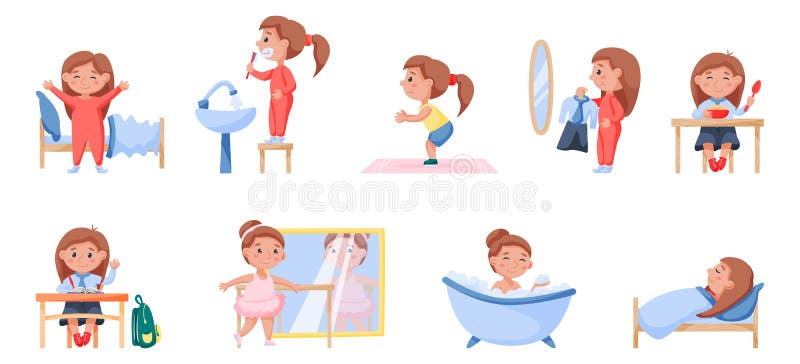OK, you know sleep hygiene is important for kids. So, what do you do when your toddler is resisting going to bed on time or your teenager says you’re ruining their life because they can’t take their phone to bed?
Whenever setting boundaries is challenging, remember this: kids actually crave limits. By maintaining clear limits, you’re letting them know what to expect, which helps them feel safe and secure. If the expectations keep changing, they may feel uncertain and be more likely to test you. So, try to stand firm.

Sleep Hygiene for Young Children.eep consistent bedtimes and wake times every K day of the week. Late nights can cause fatigue that. Throws off a sleep schedule for days.void letting the child spend lots of non-sleep time A in bed, which keeps the brain from associating the. Bed with sleep time.s bedroom should be cool, quiet. Healthy Sleep Habits for Kids Sleep affects every aspect of a child’s development (e.g., physical growth, mood, behavior, etc.), so creating healthy sleep habits is key to building overall health and wellness. Lack of restful sleep impacts kids’ ability to focus, manage their emotions and learn.
Tips for setting limits to promote good sleeping habits:
- For toddlers: If you’re working on independent sleep, be consistent by bringing your child back to their room every time they get up. Reward the behavior with something they enjoy. For example, if your child stays in their own bed for 1 night, they can earn an extra bedtime story the next night.
- For toddlers and younger school-age kids: Offer a limited number of “bedtime passes” that can be used for water refills, questions, toy requests and all of the other creative reasons kids come up with to get out of bed. When the passes have been used, they’re gone until the next night. (But, of course, use your judgment to make any exceptions, such as using the bathroom.)
- For older kids and teens: Try plugging phones and other devices into a family charging station 1 hour before bedtime—no exceptions. And instead of relying on phones for alarms, try going old school with an actual alarm clock.

OK, you know sleep hygiene is important for kids. So, what do you do when your toddler is resisting going to bed on time or your teenager says you’re ruining their life because they can’t take their phone to bed?
Sleep Hygiene For Kids Worksheet

Whenever setting boundaries is challenging, remember this: kids actually crave limits. By maintaining clear limits, you’re letting them know what to expect, which helps them feel safe and secure. If the expectations keep changing, they may feel uncertain and be more likely to test you. So, try to stand firm.
Displaying top 8 worksheets found for - Sleep Hygiene. Some of the worksheets for this concept are Sleep hygiene work, Sleep hygiene, Checklist for better sleep work, Improving and maintaining healthy sleep habits, Sleep hygiene protocol, Good sleep hygiene handout do, Good sleep habits, Getting a good nights sleep. Sleep Hygiene for Children and Teens 1. Build a Bedtime Routine: Children need about 10-11 hours of sleep. Teens need about 9-10 hours. Set a regular time for bed each night and stick to it, even on weekends. Establish a relaxing bedtime routine, such as a warm bath, light reading, gentle.
Sleep Hygiene For Preschoolers
Tips for setting limits to promote good sleeping habits:
How To Teach Sleep Hygiene

- For toddlers: If you’re working on independent sleep, be consistent by bringing your child back to their room every time they get up. Reward the behavior with something they enjoy. For example, if your child stays in their own bed for 1 night, they can earn an extra bedtime story the next night.
- For toddlers and younger school-age kids: Offer a limited number of “bedtime passes” that can be used for water refills, questions, toy requests and all of the other creative reasons kids come up with to get out of bed. When the passes have been used, they’re gone until the next night. (But, of course, use your judgment to make any exceptions, such as using the bathroom.)
- For older kids and teens: Try plugging phones and other devices into a family charging station 1 hour before bedtime—no exceptions. And instead of relying on phones for alarms, try going old school with an actual alarm clock.